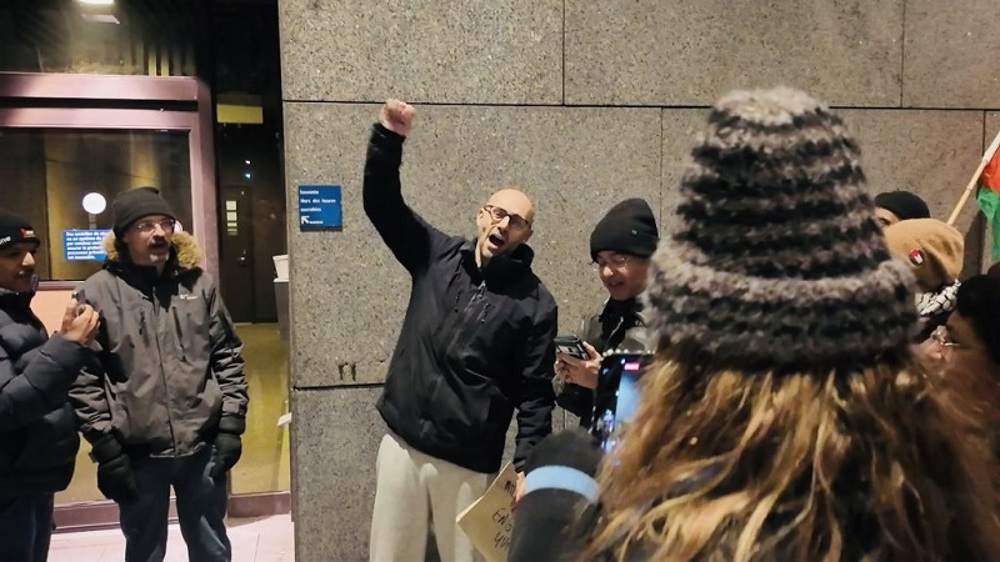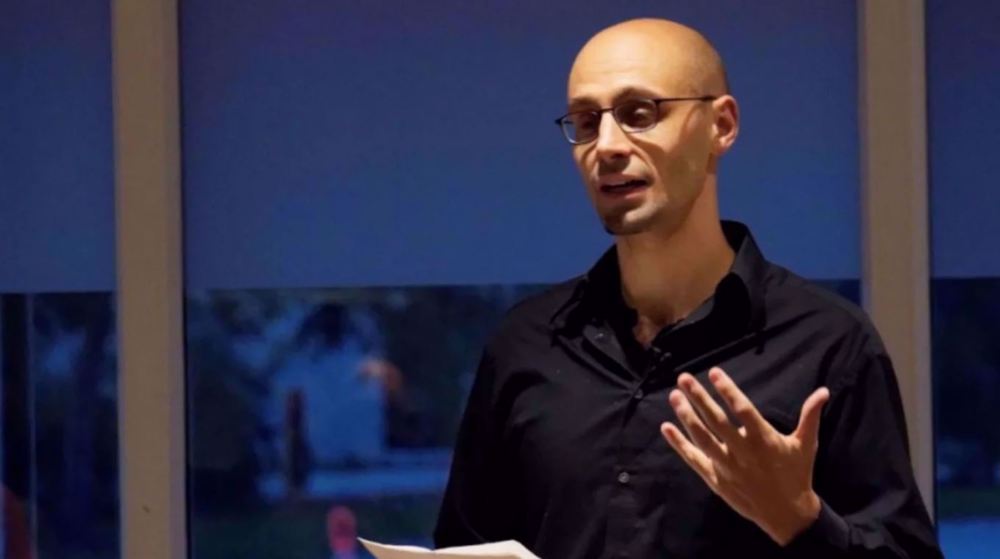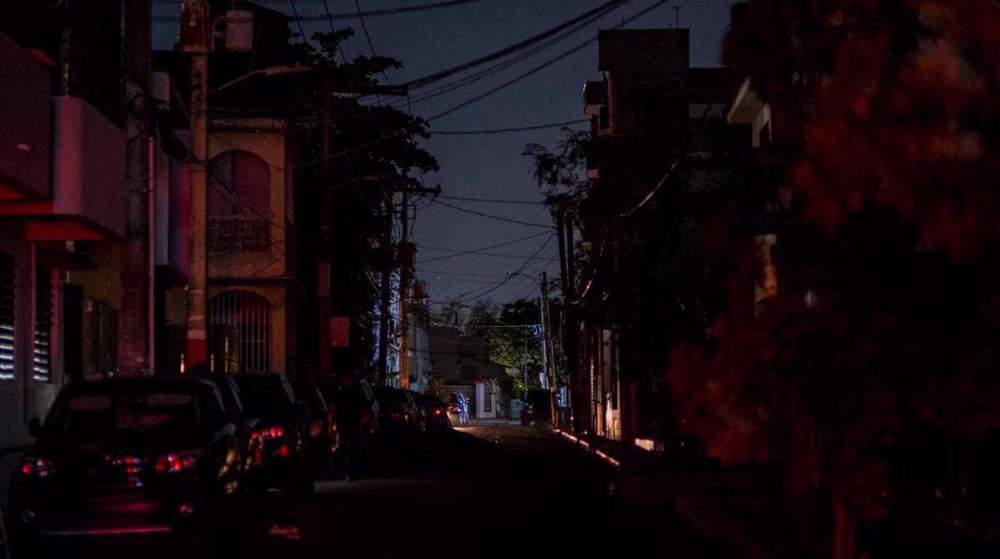850,000 people in US territory of Puerto Rico without power since Wednesday
Nearly 850,000 customers in Puerto Rico were still without electricity after a massive outage that forced the US territory to cancel classes and schools.
The power outage, which left 1.5 million customers without electricity, began on Wednesday evening after a fire erupted at one of the island's four main power plants. The exact cause of the interruption of service is under investigation.
"The extent of the outage has impacted each generating facility in Puerto Rico and a significant effort to restore service is underway," LUMA Energy said in a statement.
Given how widespread the outage is, the government and the energy company said there is no timetable for full restoration.
"We are continuing to make progress in restoration but due to extensive damage at Costa Sur substation, we are not in position to provide an estimate of full restoration at this time," LUMA said.
"Every single (piece of) equipment (at the plant's switchyard) needs to be inspected and tested to make sure that when it's back in service, we can restore power for customers reliably and safely," Shay Bahramirad, LUMA Energy's senior vice president of engineering and asset management, told reporters in San Juan on Friday.
Frustration and anger grew throughout the day as officials warned the outage could stretch for days.
The blackout also left nearly 170,000 customers without water, forced authorities to close some main roads and snarled traffic elsewhere across the island of 3.2 million people, where the roar of generators and smell of diesel filled the air.
“We urge you to stay home if possible,” said Puerto Rico Justice Secretary Domingo Emanuelli, who is serving as interim governor since Gov. Pedro Pierluisi is on an official trip in Spain.
According to Kevin Acevedo, vice president of LUMA Energy, cleanup at the plant is underway, and replacement parts have been identified and ordered.
LUMA CEO Wayne Stensby called it a “very unusual” outage that “clearly indicates the fragility of the system.”
The outage occurred two months before the Atlantic hurricane season starts, worrying many about the condition of Puerto Rico’s electrical grid.
“Yes, the system is fragile, no one is denying that, but we’re prepared,” Acevedo said.
The outage further enraged Puerto Ricans already frustrated with an electricity system razed by Hurricane Maria in 2017. Emergency repairs were made at the time, but reconstruction efforts have not yet started, and power company officials blame aging, ill-maintained infrastructure for the ongoing outages.
A series of strong earthquakes that struck southern Puerto Rico where the Costa Sur plant is located also had damaged the island’s electricity system.

Montreal's Zionist attack on free speech

Canada arrests prominent activist over pro-Palestinian stance

US to seize 2nd Venezuelan plane held in Dominican Republic
‘End to violence’: Iran welcomes PKK leader’s call for group to drop weapons, disband
Over 120 Hezbollah fighters martyred in Israeli invasion laid to rest in south Lebanon
Iranian U-27 skiers scoop one gold, three bronze medals in China’s Alpine
Rights group: Palestinians ‘endure shocking atrocities’ in Israeli jails
Schools destroyed: 100,000 Gaza students enroll for new academic year
South Africa, Malaysia, Colombia to block ships carrying arms for Israel
Trump extends Russia sanctions ahead of meeting with Zelensky
Minister: ‘Imported elements' seeking to create chaos in southeast Iran







 This makes it easy to access the Press TV website
This makes it easy to access the Press TV website